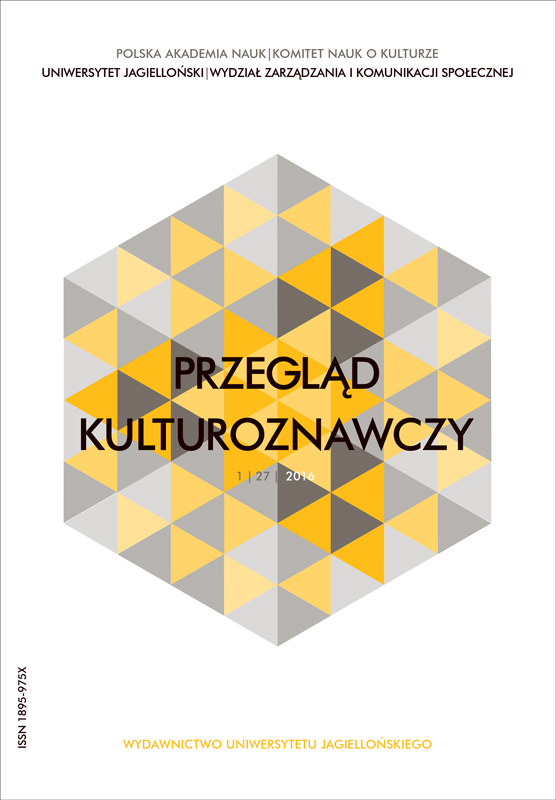Programming the Intangible Cultural Heritage of the City – Paradigms and Perception. The Case of the Ancient City of Nessebar
Programming the Intangible Cultural Heritage of the City – Paradigms and Perception. The Case of the Ancient City of Nessebar
Author(s): Teodora KonachSubject(s): Social Sciences, Sociology, Rural and urban sociology, Sociology of Culture
Published by: Wydawnictwo Uniwersytetu Jagiellońskiego
Keywords: Intangible cultural heritage (ICH); historic city areas; UNESCO Convention of 2003; community-based participatory research (CBPR); the Ancient City of Nessebar
Summary/Abstract: Having developed gradually over time, historic city areas embody the values of culture both tangible and intangible. The UNESCO 2003 Convention for the Safeguarding of the Intangible Cultural Heritage draws attention also to the intangible dimension of the historic urban landscape that enrich and extend the content of its outstanding universal value. However, the material culture in historic city areas is the center in the national preservation process of many countries. On one hand, the strategy of conservation and protection of intangible cultural heritage is governed by the standards and paradigms based on elements of traditional culture and folklore, and on the other hand, there is a growing trend of monitoring urban environment heritage, within the process of metropolization. Mapping the intangible cultural heritage includes strategies and indicates possibilities for the development of the ancient city of Nessebar community in the intangible cultural heritage unique to the investigated area.
Journal: Przegląd Kulturoznawczy
- Issue Year: 27/2016
- Issue No: 1
- Page Range: 18-34
- Page Count: 17
- Language: English

